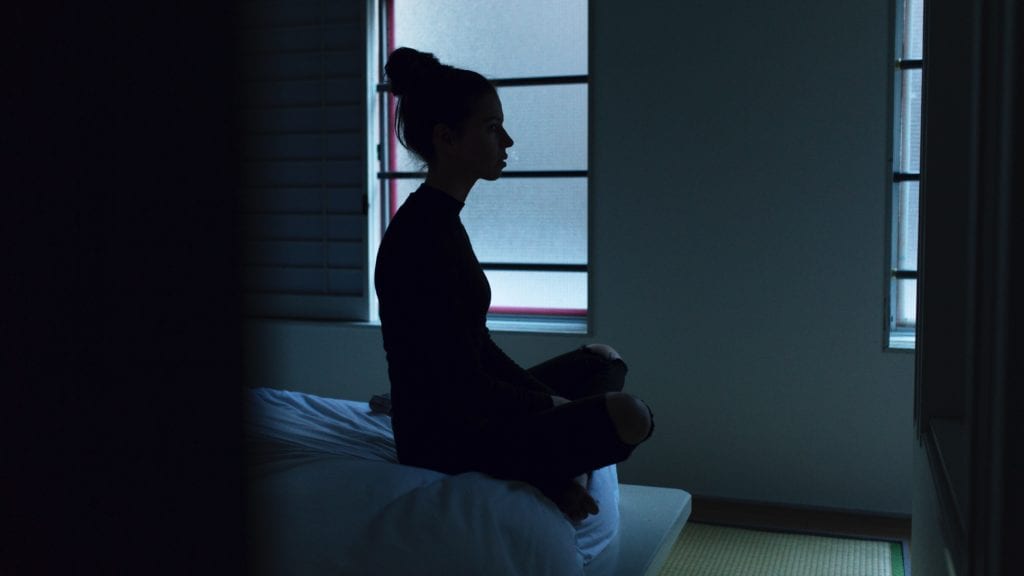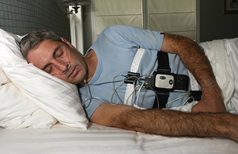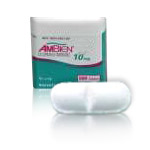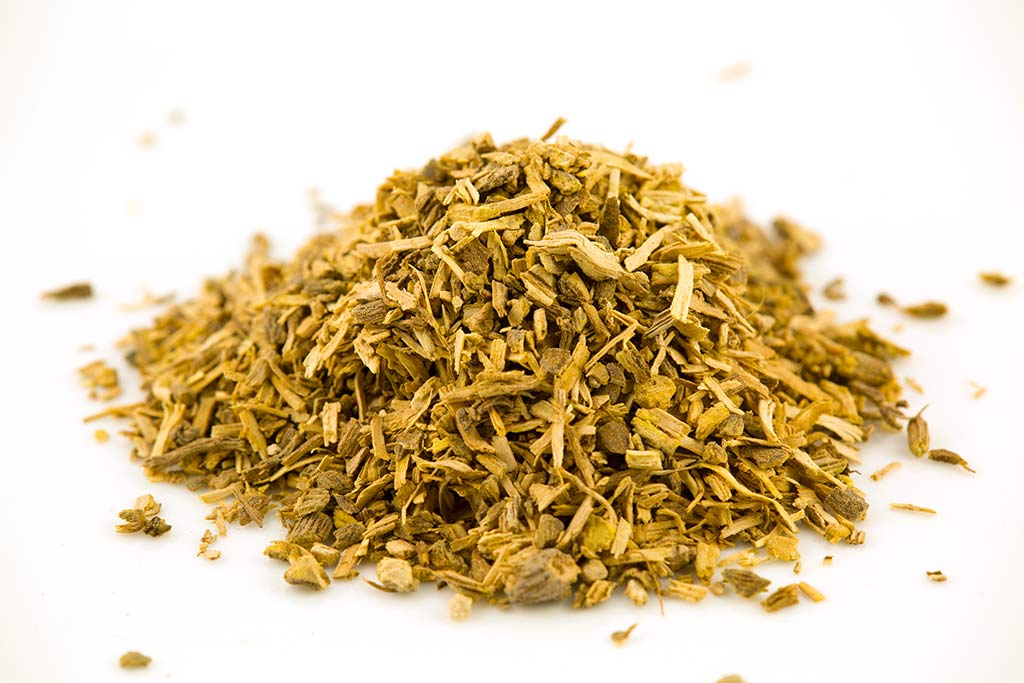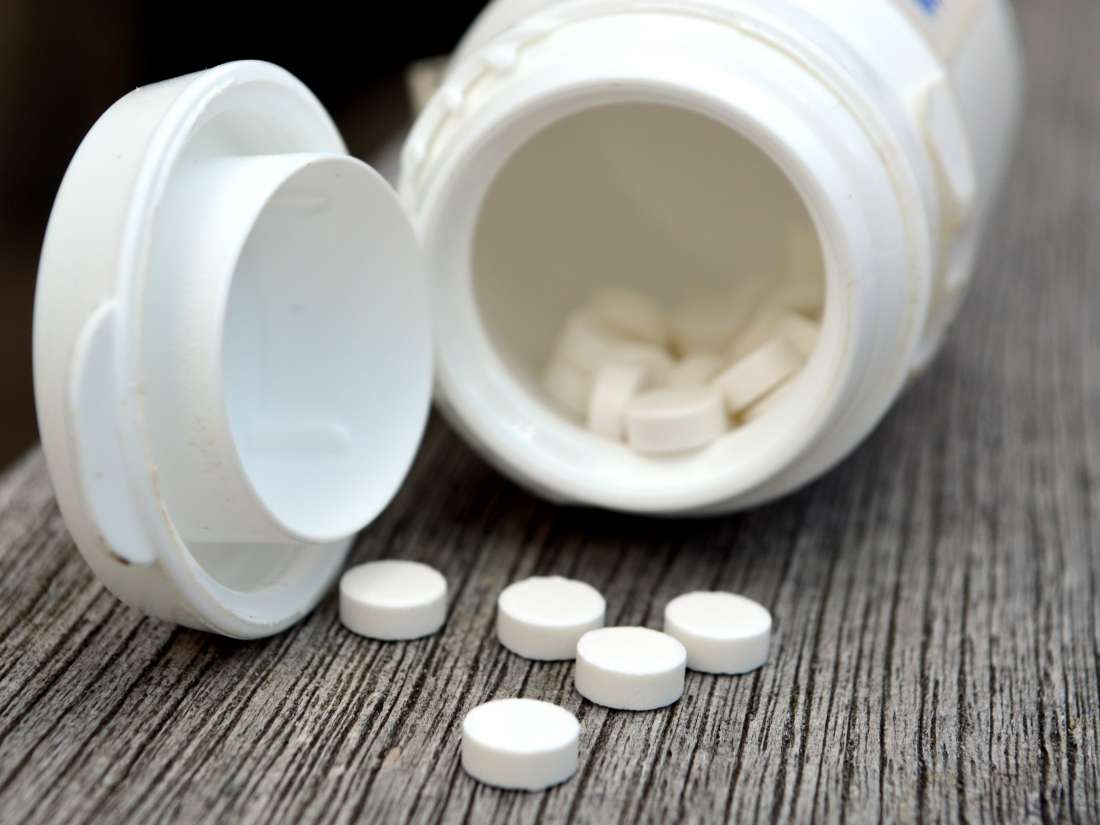Sleep Apnea Test.
Learn about Sleep Apnea Test, Centers, Results and Cost at Home or Online.
The only way to find out if you truly have Sleep Apnea is bytaking aSleep Apnea Test. Thesetests would help to confirm the absence or presence of Sleep Apnea or even anyother sleep disorder.
Try not to get spooked by the word test. None of the testsinvolves cutting you open, but it could involve a sleepover at the hospital. Letme give you a little information on Sleep Apnea.
What is Sleep Apnea?
Sleep Apnea is atypeof sleep disorderin which breathing repeatedly stops and starts duringsleep. There are 3 basic types:
- CentralSleep Apnea (CSA): It occurswhen your brain does not send signals to the muscles that control breathing. Thistype of Sleep Apnea that affects the nervous system.
- Obstructive Sleep Apnea (OSA):It ischaracterized by repetitive episodes of upper airway obstruction or blockage thatoccur during sleep, usually associated with a reduction in blood oxygen flowand saturation.
- Mixed SleepApnea:This kind of Sleep Apnea is a combination of the two types of SleepApnea stated aboveCentral Sleep Apnea(CSA) andObstructive Sleep Apnea (OSA).This kind ofSleep Apneacan be dangerous if not diagnosed early.
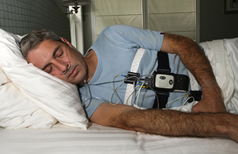
SleepApnea Tests
There are different types of Apnea tests that could beused to confirm the occurrence ofSleepApnea.
- Routine Tests.
One popular Apnea Test is Doctorasking routine questions about signs and symptoms and drawing conclusions fromthe answers you give. Symptoms of Sleep Apnea vary depending on the type of SleepApnea you may be experiencing.
Symptoms include but not limited to:
- Excessive Daytime Sleepiness
- Shortness of breath when sitting up
- Chronic Fatigue
- Abrupt awakenings accompanied byshortness of breath
- Awakening with a dry mouth or sorethroat
- Morning headaches
Follow these links read about theSymptomsof Central Sleep ApneaandObstructiveApnea.
2.Medical History Test
Since you cant see yourself whileyou sleep, except you have a CCTV installed in your room, your doctor or sleepspecialist might ask you to bring your partner along when coming for a sleepconsult. Your doctor should askquestionsabout your sleepingpatterns, how you sleep, if you snore, or even howtired you feel during the day.
These questions are asked in orderto draw a conclusion and not to stalk you while you sleep, so try to stay calm.
Another way of using your medicalhistory to conduct Apnea Tests is by asking you to complete aquestionnaire, such as the Epworth Sleepiness Scale. The diagnosis your doctorwould give depends on the answer you provide on the questionnaire. So try to betruthful while answering the questions, it is not a lie detector test.
- Polysomnogram(PSG)
Another form of Sleep Apnea Testispolysomnography(PSG).Fear not, its just abig word doctors came up with.It simple means Sleep Study.
A Sleep Study orPolysomnogram(PSG) is amultiple-component test, which electronically transmits and records specificphysical activities likeheart monitoring,lungs and brain activity, breathing patterns, arm and leg movements, bloodoxygen levels,eye movement, airflow through your nose and mouth and muscle activity while you areasleep. Afterit has been recorded, the sleep specialist would then know what to do based onthe outcome of the results. He would also recommend treatment and drugs.
The sleep study is one of the mostaccurate ways of detecting Sleep Apnea, whether in its early stages or latestages. It is also used to determine the mildness or severity of the SleepApnea.
- Portable monitoring devices
Sleep Apnea Tests are also conducted using PortableMonitoring Devices.
These devices could be given to youbyyour doctor ifyouchoosenot to havea sleep-over at the hospital.They help to measure your heart rate, blood oxygen level,airflow and breathing patterns.
If the results are abnormal, yourdoctor may be able to prescribe therapy sessions with a sleep specialist.
I am not an advocate for hometesting devices, because they dont accurately record all cases and levels of SleepApnea.
- Arterialblood Gas Testing:
ThisSleep Apnea Test involvesoxygenand carbon dioxide level monitoring. It is done by drawing blood fromyour artery to conduct this test. It helps to detect how severe your SleepApnea is. This test is very popular for detectingSleepApnea in infants.It involves an apnea alarm that will be triggered atthe presence of Sleep Apnea, while the baby is sleeping.
We have gone through the differenttypes of Sleep Apnea tests that exist, but I would advise you to do a completesleep study test to confirm the presence or absence of Sleep Apnea. It wouldalso help to check if your case is mild or severe.
Doctors and Sleep Specialists mighttell you to take some tests as safety precautions and to see the extent of thedamage your Sleep Apnea has caused or to rule out other illness or othersleep disorderswhen consulting for Sleep Apnea.
Some of the tests are:
- Electrocardiogram (EKG) to see if the Sleep Apnea hasaffected your heart.
- Blood tests to check for hypothyroidism and highor low blood count.
- Fiber-OpticPharyngoscopy:To check if your airway is too narrow or collapses during breathing.A CT scan of the head to look for an overlylarge tongue, and to locate the narrowest part of your airway that might be causing ablockage.
Sleep Apnea testing should not bescary and I would advise you to go for it as soon as notice symptoms associatedwith it.
Also if you have a partner or child and you are not sure if he/she hasSleep Apnea, It is better to go for a Sleep Apnea test to confirm the presenceof Sleep Apnea or any other sleep disorder.
Knowing what is wrong would helpyour doctor determine the next course of action whether by recommendingtreatment, drugs, therapyorconducting further test.
Return From Sleep Apnea Test to Sleep Apnea Page
Return From Sleep Apnea Test to Trouble Sleeping Home



